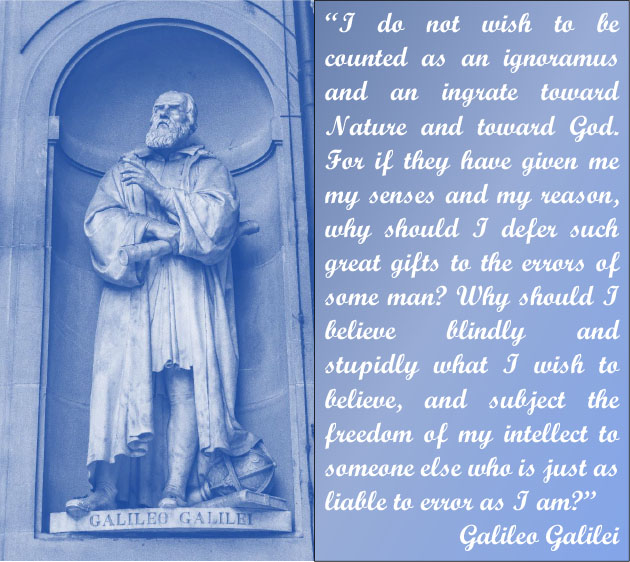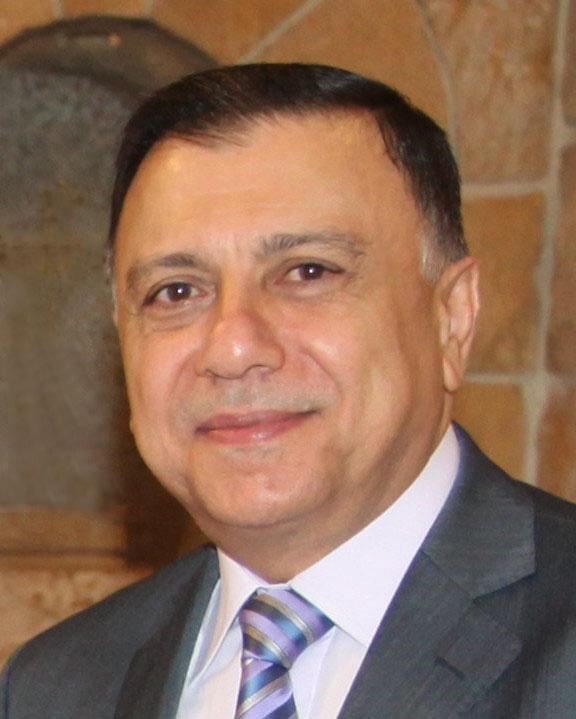
.

Ibrahim A. Halloun is recognized worldwide for his seminal works in education. He has dedicated his long career to understanding how students think and learn, particularly at the secondary school and university levels, and developing substantiated pedagogical premises, tools, and practices that empower learners to think outside the box and excel in various aspects of life. He contributed to curriculum reform in many countries around the globe, and was behind several initiatives for systemic reform.
He spent his career as university professor of physics and education, and as reformer in education, at Lebanese University, Arizona State University, American University of Beirut, UNESCO-Paris, and other institutions. He is currently President of H Institute, a nonprofit research and development organization dedicated to engraining the Culture of Excellence in society, especially in the educational and cultural sectors.
Prof. Halloun is particularly known for the development of:
- Systemic Cognition and Education for mind-and-brain-based experiential pedagogy, systems-based coherence and consistency within and across disciplines, 21st century curricula, and efficient systematization of the entire educational enterprise.
- Modeling Theory in Science Education for turning scientific models and modeling into pedagogical tools and methodology for experiential, truly meaningful learning of physics and other STEM disciplines.
- Viable means for characterizing and regulating students’ intuitive ideas about the physical world and their novice views about knowing and learning science.
His R&D work and interests also include:
- Educational policy, systemic reform, and curriculum development under systemic paradigms in relation to the United Nations 2030 Agenda for Sustainable Development.
- Systemic, praxis-immersive, convergence education (SPICE), with focus on cross- and trans-disciplinarity, for bridging traditional divides among disciplines, especially those from different fields like arts and science that are often misconceived as remotely related to each other.
- Authentic assessment (“for” and “as” learning) and evaluation in education.
- Professional development of pre-service and in-service teachers.
- Cognitive science and neuroscience.
- Philosophy, history, and sociology of science.

